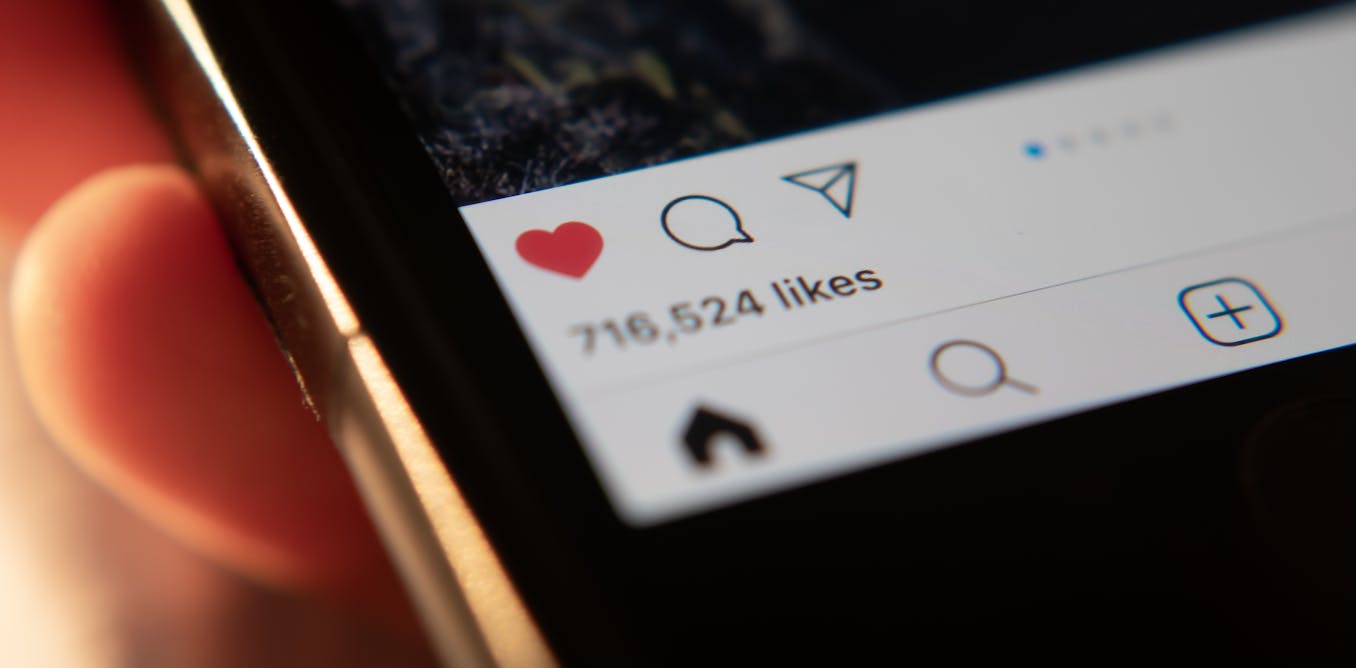
"Influencers are incentivized to hide paid partnerships due to the perception that advertising-heavy content can seem inauthentic and alienate followers."
"Influencer culture is criticized for promoting unrealistic standards, with a startling 81% failing to properly disclose paid partnerships according to the Australian Competition and Consumer Commission."
The article discusses the rising influence of social media influencers, exploring their complex roles as both cultural icons and ethical concerns. It highlights how influencers are often criticized for questionable practices, such as failing to disclose sponsorships and promoting unrealistic lifestyles. A study revealed that a significant percentage of influencers do not disclose paid partnerships, leading to audience deception. The article also cites prominent cases, including Belle Gibson, who misled her followers about health claims, exemplifying the dangers of unchecked influencer narratives. Overall, the chapter delves into the responsibilities of influencers and the impact on society.
Read at The Conversation
Unable to calculate read time
Collection
[
|
...
]